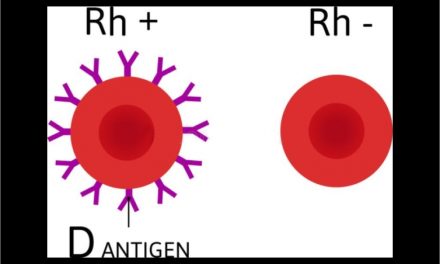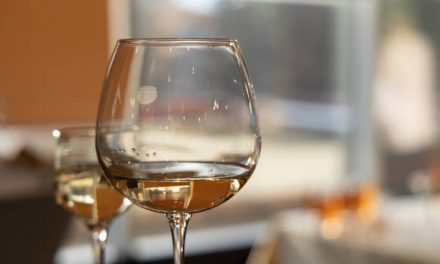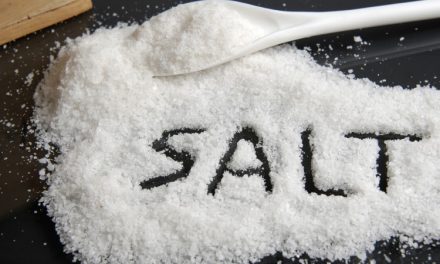On the last and most important day of the festival, Jesus stood up and shouted, “If you are thirsty, come to me and drink!–John 7:37 (CEV) Thirst can be defined as a feeling of needing or wanting to drink something. Everyone has undoubtedly experienced the feeling of thirst. During the approximately six hours Jesus hung on the cross, He made seven (7) final statements and one of them was the phrase –“I am thirsty”. (John 19:28) And as the response to Jesus’ request for something to drink, He was offered sour wine. (John 19:29). Though the reason for drinking is usually associated with a physiological need for water intake (John 4: 13 Jesus answered, “Everyone who drinks this water will be thirsty again); sometimes it can be prompted by habit, ritual, taste, nutrients, craving for alcohol, caffeine, certain kinds of drugs in beverage, or a desire to consume a fluid that will give a warming or cooling sensation. [1] Thirst may be accompanied by one or more of the following signs: severe headaches, lack of energy, dry eyes, mouth and skin, some disorientation, muscles cramps, reduced sweating and dark colored urine. When thirst becomes excessive or can’t be quenched, it can be a symptom of serious medical conditions such as: [2] dehydration, diabetes mellitus, diabetes insipidus, dipsogenic diabetes insipidus, heart, liver or kidney failure or sepsis. In such instance, it is advisable to seek urgent medical care. However, when your thirst is associated with the physiological need to drink water, it is advisable to take fluids that will not only replenish your body with water, but with electrolytes. Possible options include: [3] In closing, though the craving to drink fluids when we’re feeling thirsty might feel intuitive, know that our bodies rely on an intricate set of biological processes to make sure we stay properly hydrated (Psalm 139:14 –I am fearfully and wonderfully made), as consuming both too much or too little water can lead to problems. God Bless! REFERENCES
Powered by iSpeech
IF YOU ARE THIRSTY












Recent Comments